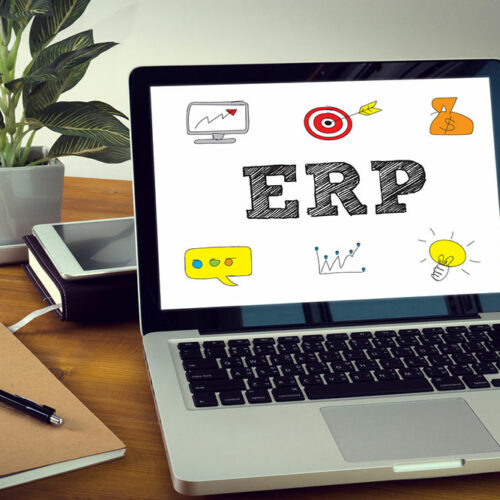4 common online banking scams and how to avoid them

Technology allows one to manage finances and make transactions within seconds using one’s phone. But on the flip side, technology makes it easy for people to fall prey to online banking scams. Scammers typically exploit credit and debit card users or people having payment applications on their phones. So, those using online banking should be wary of such scams and tread with caution. Here are some common online banking scams and how to avoid them. Phishing scams Phishing is when scammers send text messages and emails to individuals, persuading them to share their personal details. Such details may include passwords, account numbers, one-time passwords, etc. With such information, they access one’s email accounts and bank accounts and take away their money. Sometimes, these messages or emails may also ask one to click on a link provided to complete a certain action. The person’s account is hacked the moment this link is opened. So, one should never disclose personal information over text message or email, even if the sender appears genuine. If it seems like a bank-generated message, it is best to call up or visit the nearest bank branch and check with them if they had actually sent such a message.






